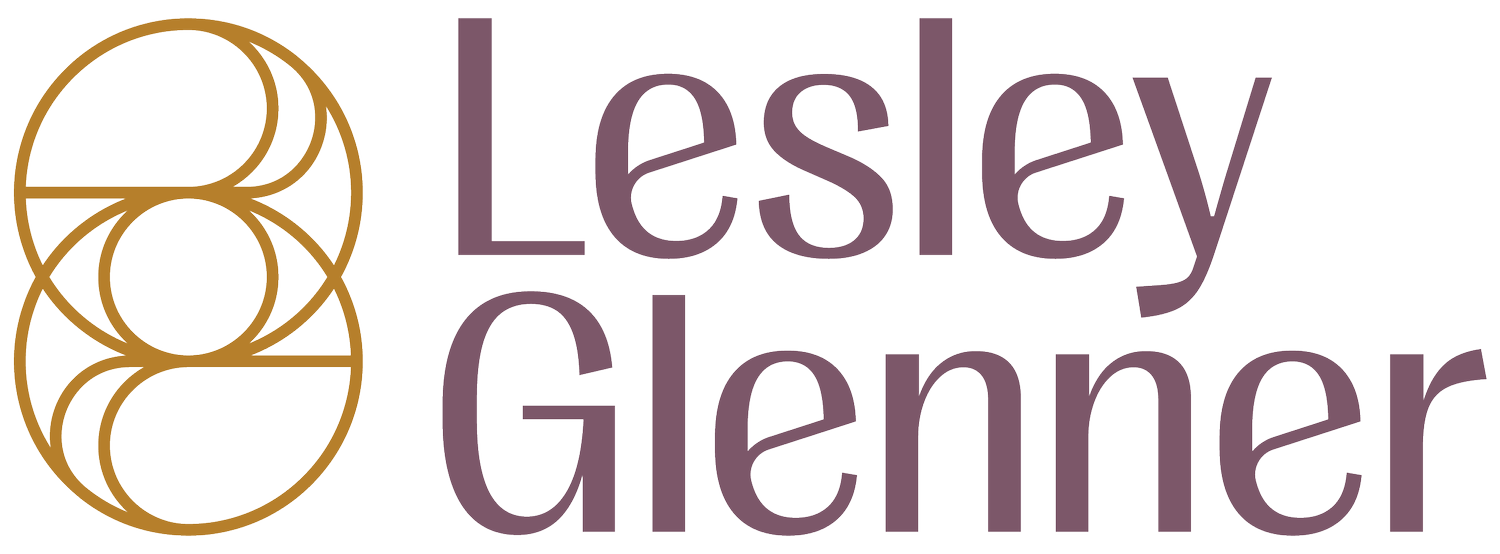Repair and Resolution: A Necessity for Healthy Relationships
We live in an increasingly polarized world, filled with decoherence and drama.
We live in a wonderful and beautifully complex world with myriad opportunities for exquisite resonance, deeply healing intimacy and utter connection.
Both are true.
And both are essential; as connection cannot exist without separateness and separateness is not possible without connection.
In a world so truly complex and full of meaningful paradox it’s astounding how little understanding or appreciation we have for the essential role of repair and resolution in creating healthy, lasting relationships. Repair and resolution are imperative for reconciliation, understanding and harmony. In fact, without repair healthy relating ceases. Misunderstandings, even very painful ones, are ripe opportunities for good repairs that create trust, healing, growth and more space for collaboration and intimacy. Rupture is not the enemy, dis-repair is.
With mounting piles of unresolved rupture upon rupture as a nation and inside our everyday relationships with our communities, neighbors, co-workers, families and partners if nothing else, perhaps (hopefully) we’re beginning to recognize we’re living in a time where there are many opportunities to learn the art of repair.
The False Promise of ‘Happily Ever After’
In one of our most counterproductive cultural myths is that we should be living ‘happily ever after’ with our chosen partners, with our children, with our friends and with our communities. We are led to believe that relationship is simple and easy and true love, or true friendship or family or true community means that we skip into the sunset holding hands inside a cocoon of loving relationship. This myth is not simply pure fantasy but the entire concept does us all a great disservice because we arrive ill-equipped for the reality of love and connection; which is this:
In order to have lasting love and closeness, we need to embrace rupture as a natural and healthy part of relating and learn how to repair well, fully and in real time.
Seeking Shared Realities Despite Current Events
In epically polarized times like these, the natural relational process of repair and resolution feels harder and harder to achieve. We have few role models to show us the way. We tend to blame and other rather than take responsibility and be accountable for our own contributions toward relationship strains.
Part of the art of repair includes — even necessitates — some semblance of shared reality. (From an existential or spiritual (and sometimes from a spiritual bypassing) perspective one could argue that a true shared reality may not be possible BUT our venn diagrams *must* overlap some place if we are going to participate in a shared experience of relationship.)
This is increasingly difficult given the national political climate, the disparate streams of media, and the human inclination toward confirmation bias. (Have you watched Social Dilemma?? I highly recommend it and other perspectives from Daniel Schmachtenberger)
Fostering Secure Attachment in All Relationships
If we are paying attention and willing to be honest we can acknowledge that we all struggle in our relationships. Relationship is tricky, it can be downright hard and we are so beautifully committed to relationship. Unfortunately we have a low tolerance from relational disharmony and our current political/social climate creates an environment where many of us don't feel enough basic relational safety to navigate conflict and come out the other side with the relationship intact. After a rupture we fall prey to our visceral fears of not belonging and sink into our historical relational wounds and our aperture for higher vision shinks. We become convinced that we need to be right in order to be heard and subsequently our courage, tenacity and willingness to find a true win-win withers.
In order to have repair and resolution, there needs to be a *mutual* agreement that both parties are working against the pull toward a zero sum game and actively seeking a win-win. That both want relational harmony and connection, that both parties are willing to show up to the relational space with their hearts online.
Repair is, in large part, about co-regulation. The truth is that we are already more interdependent than we acknowledge. Our ability to show up for “repair and resolution” is a sign of maturity, of robust okayness and of our commitment to ourselves and each other as relational beings who need each other. It’s a positive natural outcome of feeling safe — of finding ourselves secure in attachment with our relational partners and in the world.
Making Relationships Last
We are taught to believe that good relationships don't include rupture (disagreements, injury, disconnection, etc.). Secretly harboring a wish for “happily ever after,” anyone?
In truth, outside of the fairy tales, lasting relationships must include both rupture and repair.
As existentially separate beings, we must navigate and negotiate our differences. We are, in fact, each unique and sovereign beings. And we are in connection precisely *at* the point of our differences.
Our closeness has to include the truth of our separateness. When we fail to acknowledge our differences, and instead only lean into sameness, we’re leaving a lot of our humanity on the table. This means less intimacy is possible overall.
Finding the Power to Show Up for Repair & Resolution
In such a complex and rapidly complicating world, we fortunately all have the power to help the planet by learning how to be individually healthier and more whole so that we can show up for repair and resolution.
The dance of self and other is never linear and it never ends and the only way to truly thrive in relationships is by becoming an expert in interdependence.
So while you think globally, my fellow travelers, please also act locally — within YOU. Begin by working on yourself and your most immediate relationships. Work to repair even the most miniscule ruptures. Start now.
